
Kubla Khan Canvas Wall Art Prints Gallery Wrap Canvas
One night, Samuel Taylor Coleridge wasn't feeling all that great. To dull the pain, he took a dose of laudanum, a preparation of opium used as a medicine in the 19th century. He fell asleep and had a strange dream about a Mongol emperor named Kubla Khan. Coleridge dreamed that he was actually writing a poem in his sleep, and when he woke up.

Kubla Khan Shmoop Learning Guide on Apple Books
Read Shmoop's short and snappy poem summary of Kubla Khan by Samuel Taylor Coleridge — an all-time great who literally wrote. This brings him to a final image of a terrifying figure with flashing eyes. This person, Kubla Khan, is a powerful being who seems almost godlike: "For he on honey-dew hath fed/And drunk the milk of paradise" (53-54

Kubla Khan Encyclopaedia Metallum The Metal Archives
Kubla Khan was the grandson of the legendary Mongol conqueror Genghis Khan, and he built a summer palace (called Xanadu, in English) in Mongolia. Marco Polo visited Xanadu, and helped to start the legend of its magnificence. We're starting with actual history here, although by Coleridge's time Xanadu is already a bit of a legend.

Kubla Khan Exhibition at Safehouse 1 & 2 in London
Coleridge dreams about the great Mongolian ruler Kubla Kublai Khan's construction of a stately palace in Xanadu. Upon awakening, he begins writing a poem about the dream. He says walls and towers enclose the Khan's palace and grounds, made up of "twice five miles" line 6 of land abounding with gardens and winding streams, as well as trees with fragrant blossoms.

Kubla Khan(Khubilai Borjigin)
'Kubla Khan': summary. A brief summary of the poem first, then: the speaker tells us that in Xanadu (also known as Shangdu, the summer capital of Kublai Khan's Yuan empire), the Mongol ruler Kublai Khan (1215-94) ordered a majestic pleasure-dome to be built, near the sacred river of Alph (a fictional river invented by Coleridge for the poem, and suggesting the idea of beginnings - Alph.
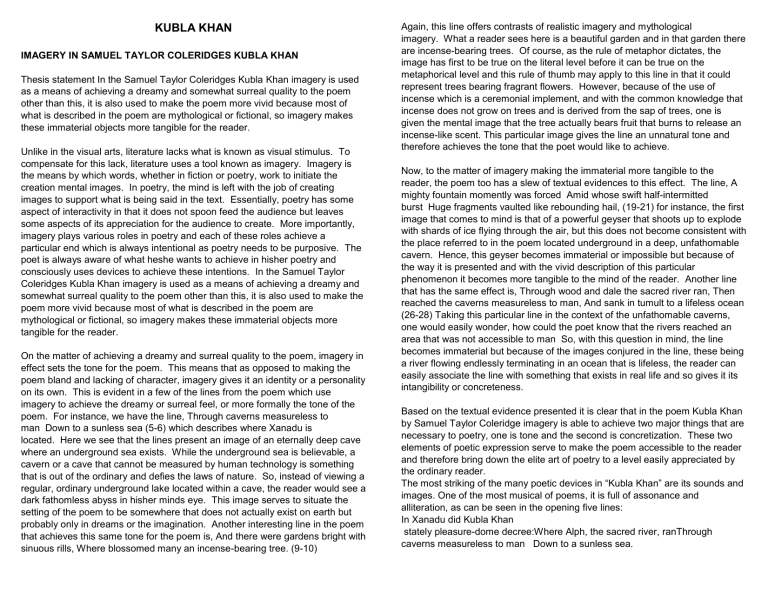
kubla khan
Get LitCharts A +. "Kubla Khan" is considered to be one of the greatest poems by the English Romantic poet Samuel Taylor Coleridge, who said he wrote the strange and hallucinatory poem shortly after waking up from an opium-influenced dream in 1797. In the first part of the poem, the speaker envisions the landscape surrounding the Mongol ruler.

Kubla Khan by Shmoop YouTube
Samuel Taylor Coleridge's poem Kubla Khan sounds like long giant long rant, did we say long? It's like he woke up mad, and just complained until someone inte.
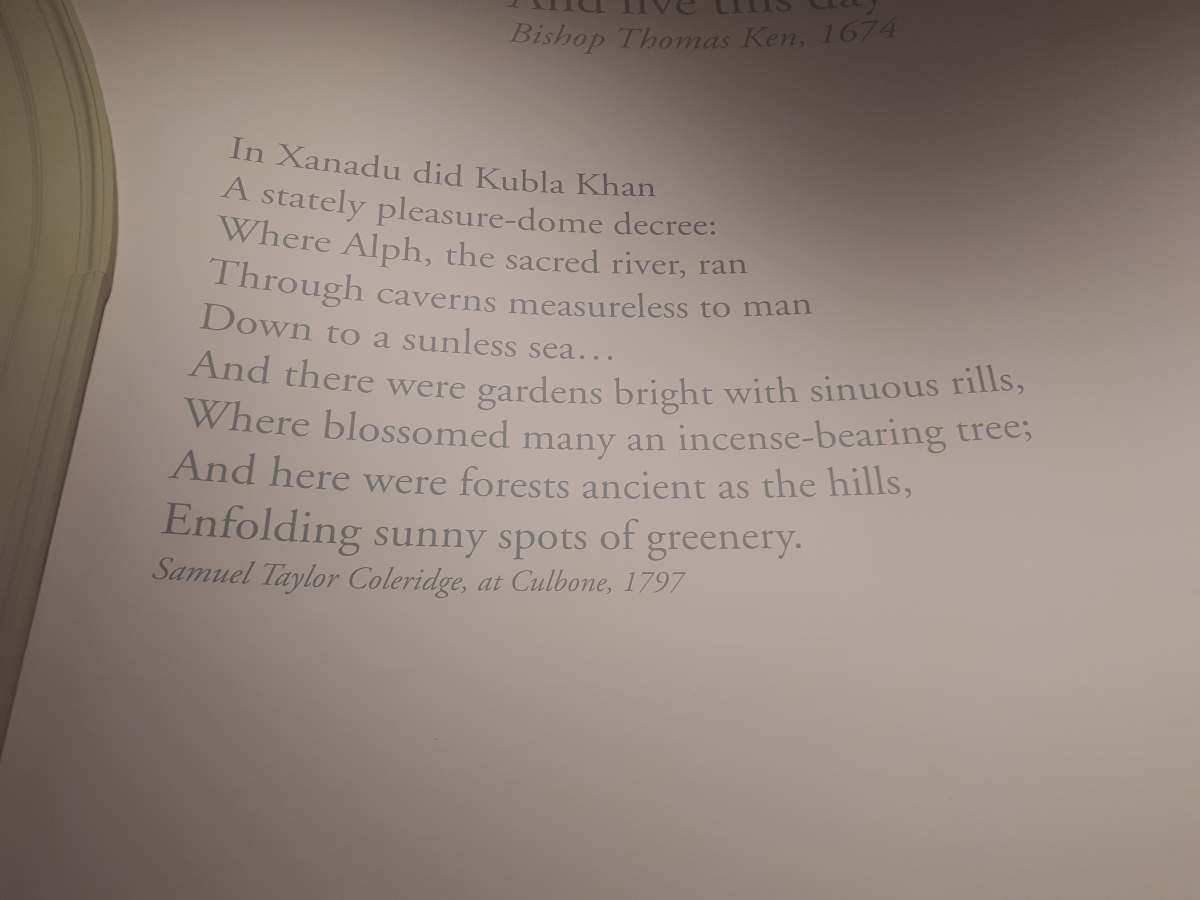
Favourite Poems Kubla Khan Christopher P. Hood
Publisher Description. "Dive deep into Kubla Khan by Samuel Taylor Coleridge anywhere you go: on a plane, on a mountain, in a canoe, under a tree. Or grab a flashlight and read Shmoop under the covers. Shmoop's award-winning Poetry Guides are now available on your eReader. Shmoop eBooks are like having a trusted, fun, chatty, expert poetry-tour.
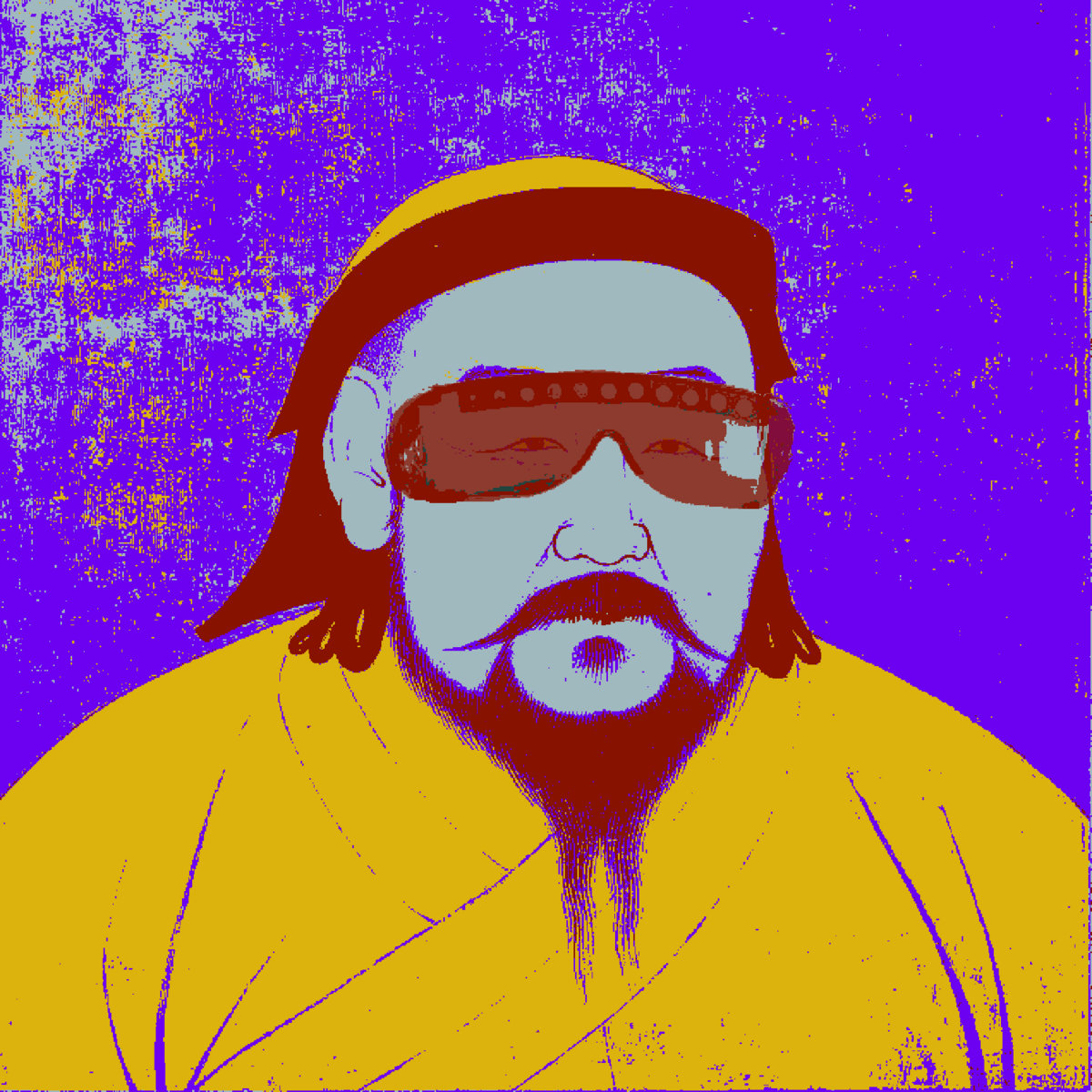
Septet Kubla Khan
Kubla Khan: Shmoop Poetry Guide. Shmoop. 4.00. 1 rating 0 reviews. Want to read. Buy on Amazon. Rate this book. Dive deep into Kubla Khan by Samuel Taylor Coleridge anywhere you go: on a plane, on a mountain, in a canoe, under a tree. Or grab a flashlight and read Shmoop under the covers. Shmoop's award-winning Poetry Guides are now available.

Kubla Khan (2)
The poem was inspired by Coleridge's own suffering during a bout of opium withdrawal. He didn't publish this all-too-personal nightmare vision until 1816, when it appeared in a pamphlet alongside his famous poems "Christabel" and "Kubla Khan." Read the full text of "The Pains of Sleep"

Kubla Khan Two Rivers Press
One night, Samuel Taylor Coleridge wasn't feeling all that great. To dull the pain, he took a dose of laudanum, a preparation of opium used as a medicine in the 19th century. He fell asleep and had a strange dream about a Mongol emperor named Kubla Khan. Coleridge dreamed that he was actually writing a poem in his sleep, and when he woke up.

Kubla Khan 3 Part of an exhibition at the 2008 Leonard B… Flickr
Dive deep into Kubla Khan by Samuel Taylor Coleridge anywhere you go: on a plane, on a mountain, in a canoe, under a tree. Or grab a flashlight and read Shmoop under the covers. Shmoop's award-winning Poetry Guides are now available on your eReader.
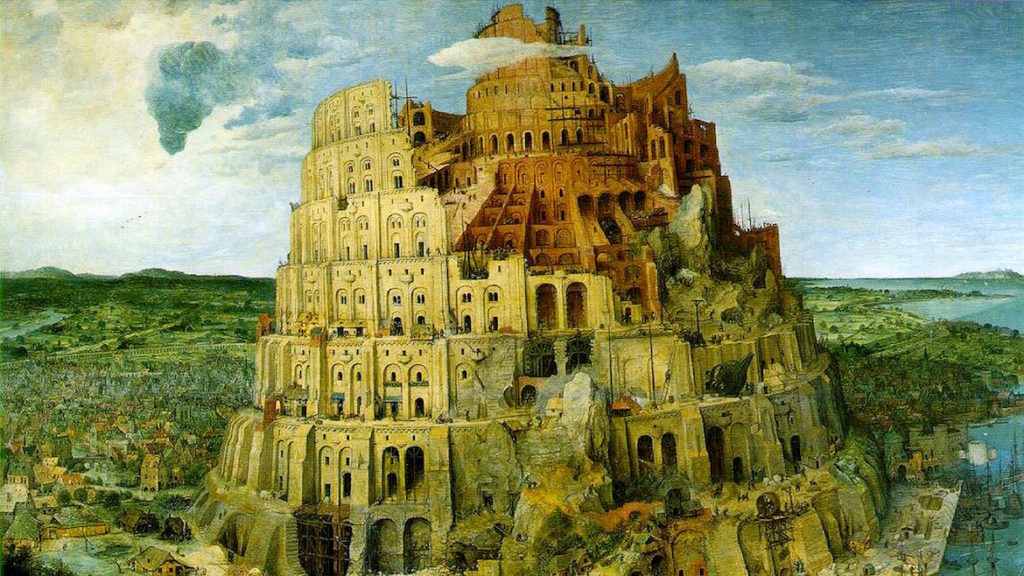
kublakhan Anne Skyvington
The dome is a safe, sunny, happy place. In the poem, it stands for all the majesty and the triumph of mankind, since it's the house of an emperor. However, when it is compared to the power and the immensity of nature, it might not seem so big after all. Line 1: This is the only time the name of the palace is mentioned.
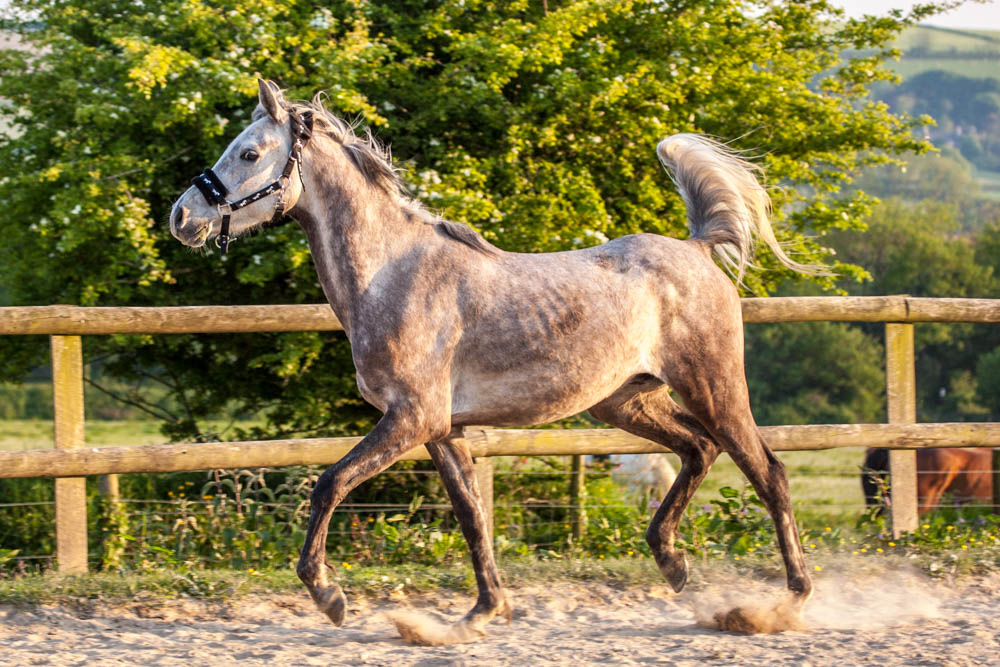
Kubla Khan 15.1HH grey Arab gelding.
Dive deep into Kubla Khan by Samuel Taylor Coleridge anywhere you go: on a plane, on a mountain, in a canoe, under a tree. Or grab a flashlight and read Shmoop under the covers. Shmoop's award-winning Poetry Guides are now available on your eReader. Shmoop eBooks are like having a trusted, fun, chatty, expert poetry-tour-guide always by your side, no matter where you are (or how late it is at.

Kubla Khan A PopUp Version of Coleridge's Classic by Nick Bantock
A summary of "Kubla Khan" in Samuel Taylor Coleridge's Coleridge's Poetry. Learn exactly what happened in this chapter, scene, or section of Coleridge's Poetry and what it means. Perfect for acing essays, tests, and quizzes, as well as for writing lesson plans.

Kubla Khan Print by Frank Frazetta Frazetta Girls
Five miles meandering with a mazy motion. Through wood and dale the sacred river ran, Then reached the caverns measureless to man, And sank in tumult to a lifeless ocean; And 'mid this tumult Kubla heard from far. Ancestral voices prophesying war! The shadow of the dome of pleasure. Floated midway on the waves;